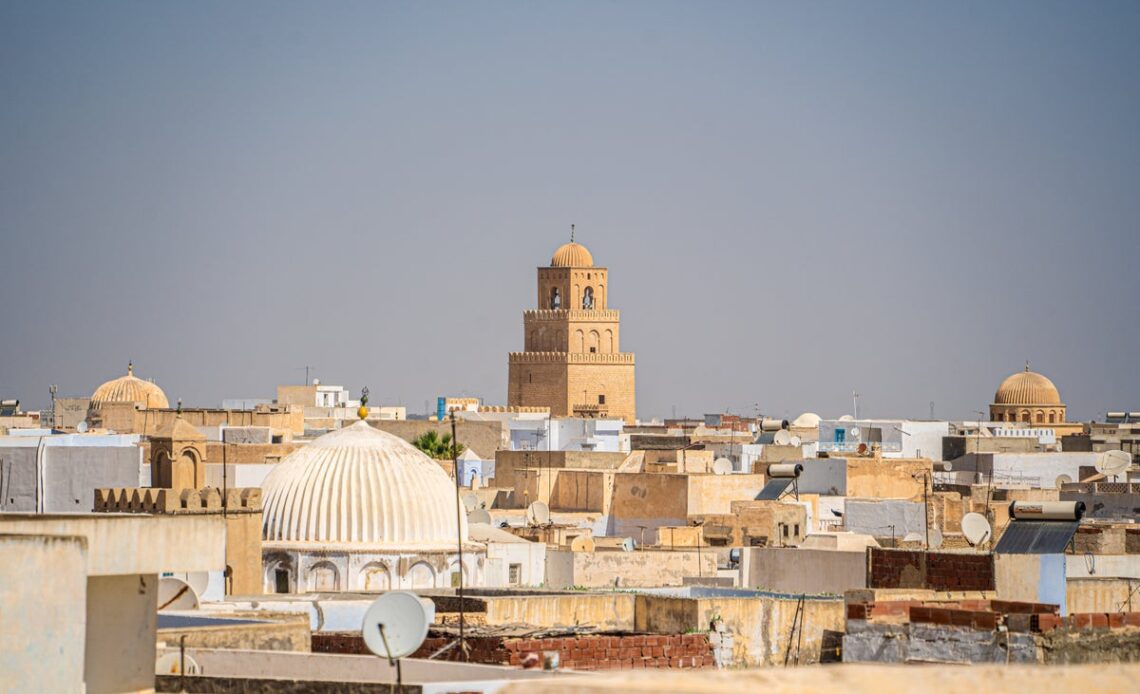Marble columns and granite pillars are silhouetted against the Mediterranean Sea. The Latin inscriptions have faded with time, but the grandeur of a city that once housed hundreds of thousands is unmistakable amidst the 2,000-year-old stone archways rising above an arid coastline. But this isn’t Italy, nor anywhere else in Europe; located on Tunisia’s northeastern shores, these are the remains of Rome’s great rival, Carthage.
The Romans burned Carthage to the ground in 146BC, before rebuilding the city in an even grander fashion from the rubble. Like Hannibal himself, though, Carthage was seemingly destined to sit forever in the shadow of its conquerors, and even today, few tourists visit in comparison to better-known ancient sites in Europe.
Carthage National Museum is being redeveloped into a state-of-the-art visitor attraction
(Richard Collett)
Now Carthage is rising again, as the Tunisian Ministry of Culture, with EU funding, is redeveloping Carthage National Museum into a state-of-the-art visitor attraction. Other Unesco World Heritage Sites, such as the Roman amphitheatre of El Jem, are in the midst of vital restoration projects, too. So as Tunisia attempts to lure tourists away from its beaches and into its storied past, I set off to explore the North African country’s ancient and Islamic history.
Read more on Tunisia travel:
Visiting the ruins of Carthage
“There are ancient ruins everywhere in Carthage,” said Moncef Battikh, who works for the Tunisian national tourist office. “Look to your right! There are Roman ruins there by the roundabout.”
I’d walked through immigration at Tunis-Carthage international airport just half an hour earlier, but a short drive later (it’s also a half-hour train ride from Tunis, the capital), and I was quickly discovering there’s much more to Tunisia than beaches and all-inclusive hotels.
Supposedly founded by Dido, the legendary Phoenician queen, from 650BC onwards Carthage became the centre of a Carthaginian empire that would, for centuries, battle Rome for control of the Mediterranean. Carthaginian general Hannibal famously marched his elephants over the Alps to invade Italy, but the Romans prevailed, and they were merciless in their utter destruction of Carthage in 146BC.
The Romans burned Carthage to the ground in 146BC
(Richard Collett)
Carthage has had an unfortunate…
Click Here to Read the Full Original Article at The Independent Travel…
